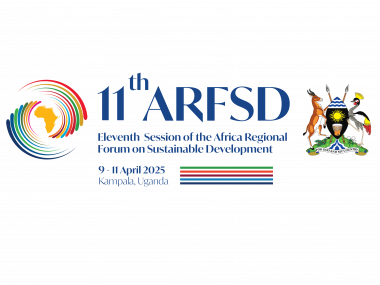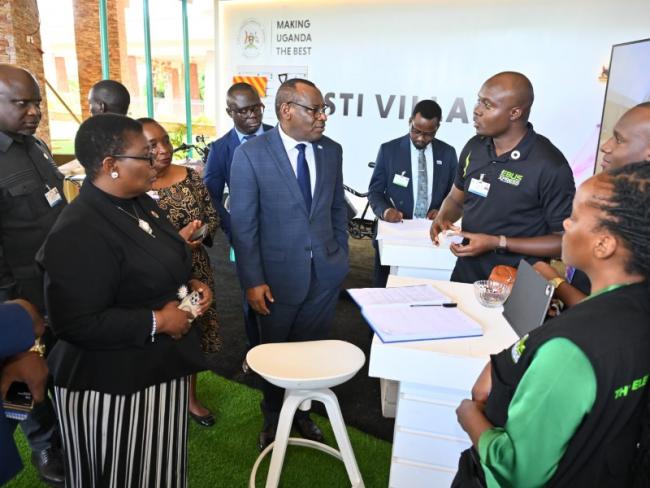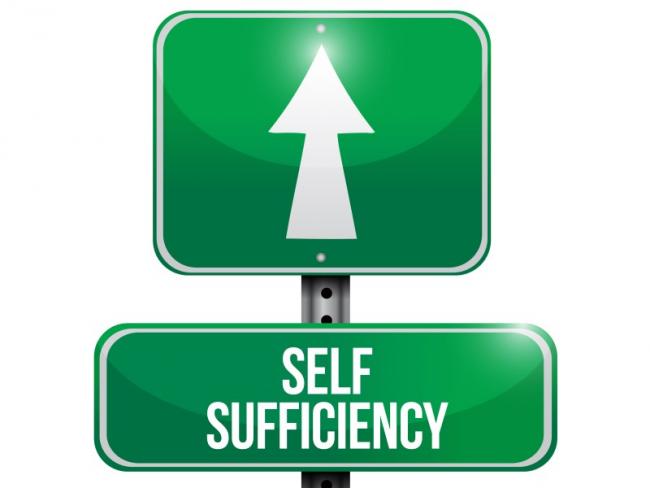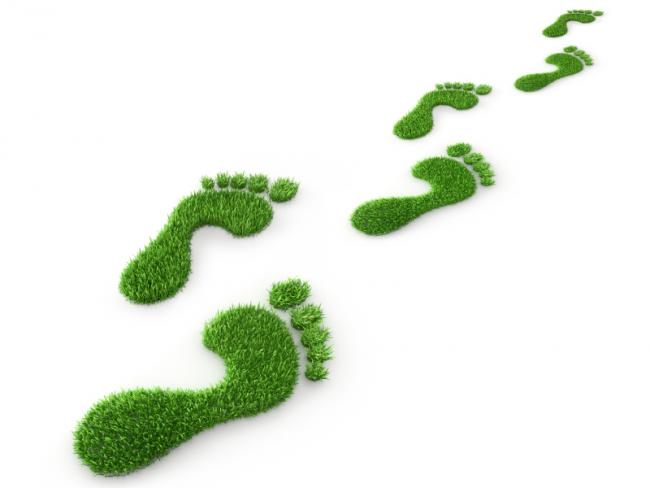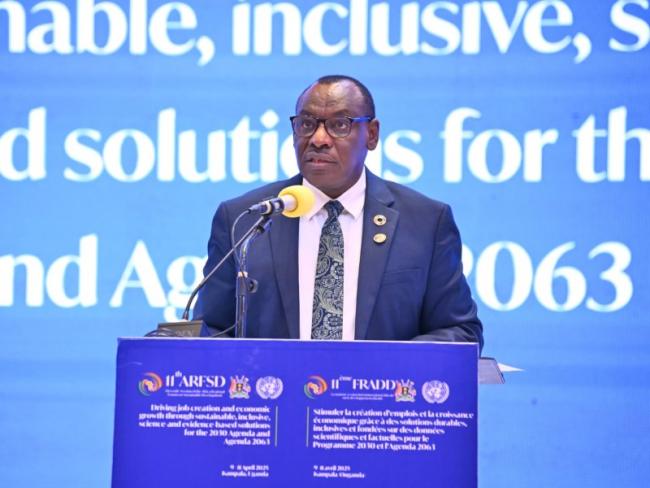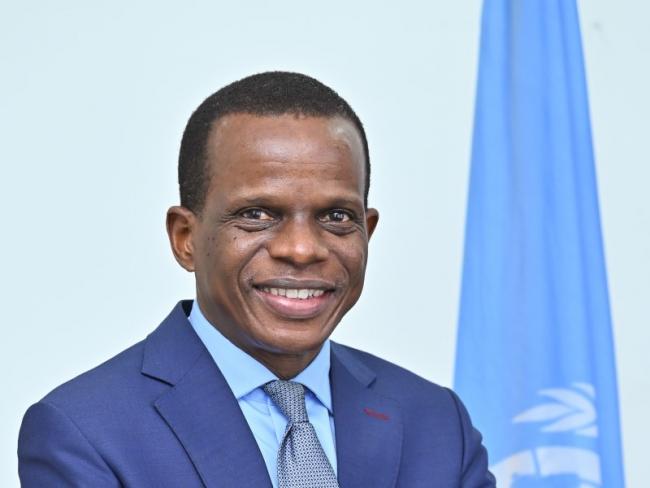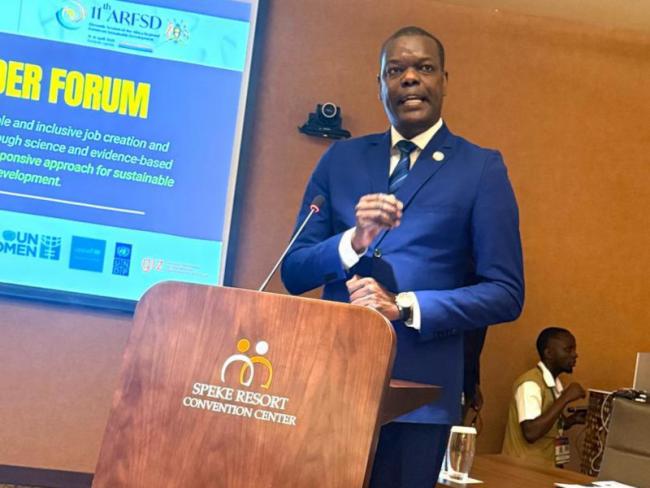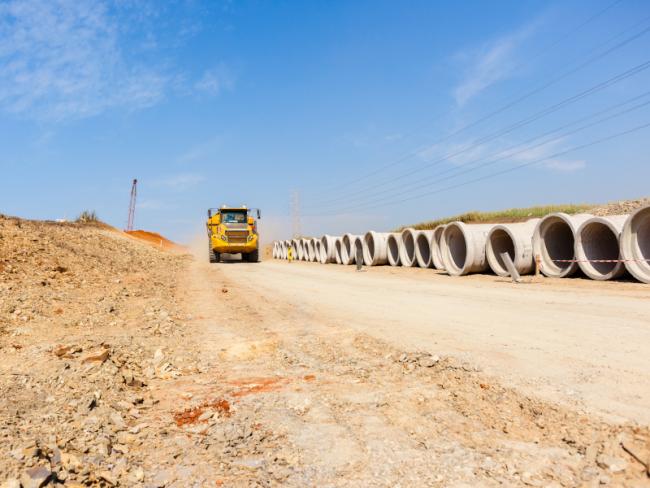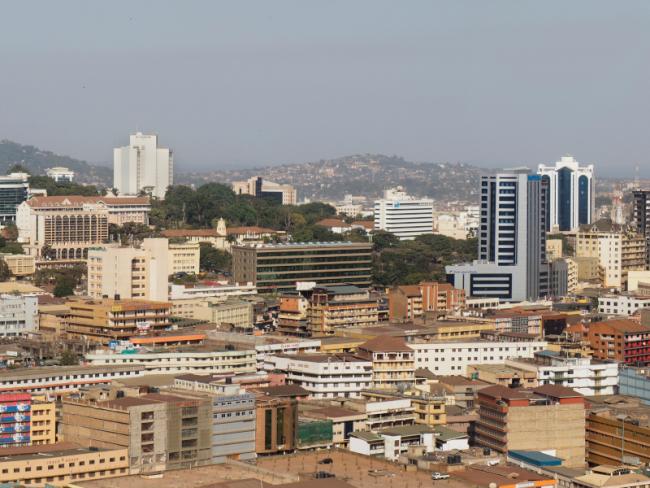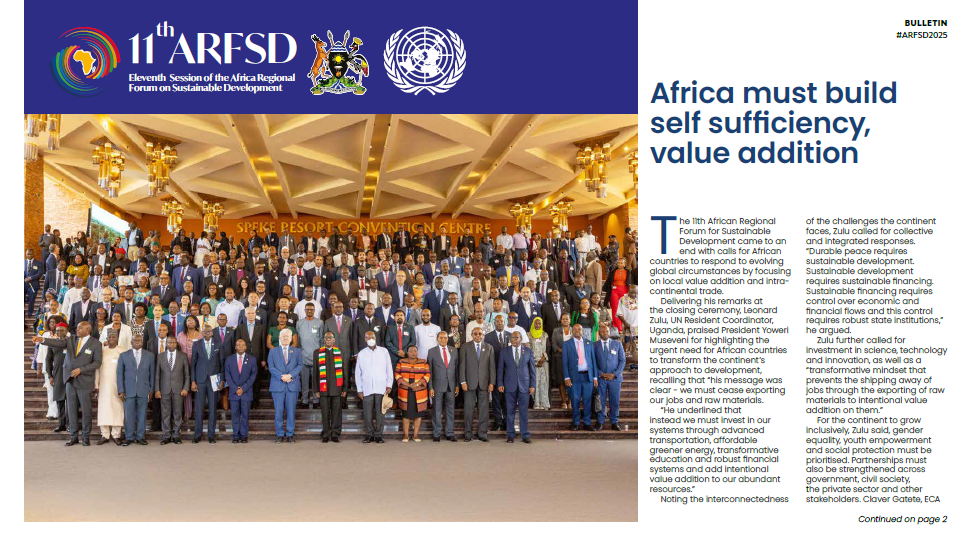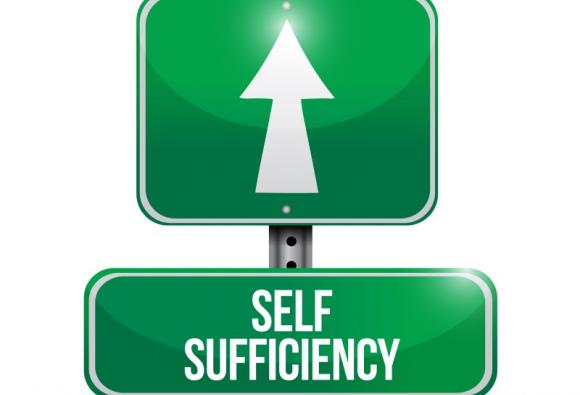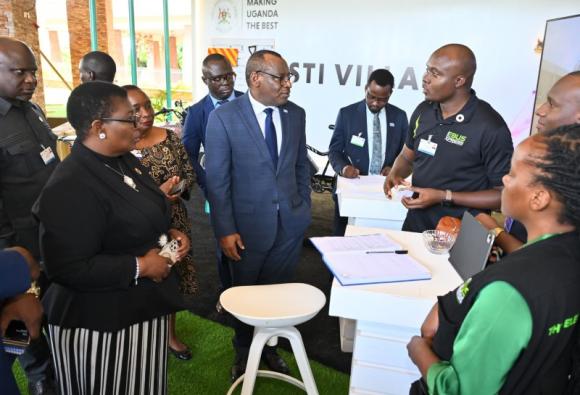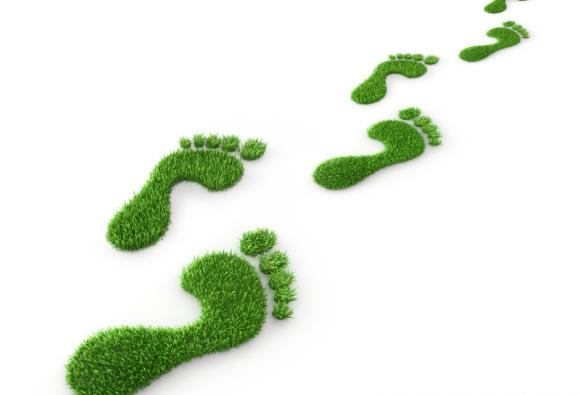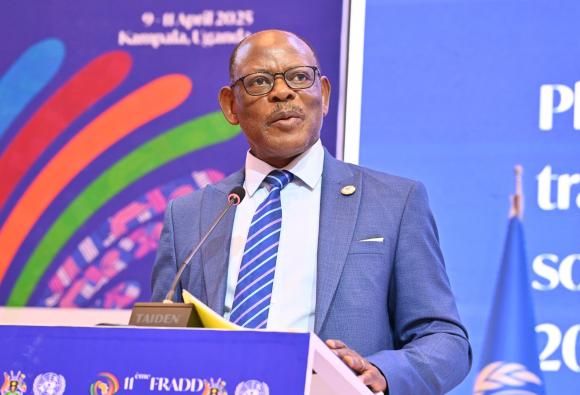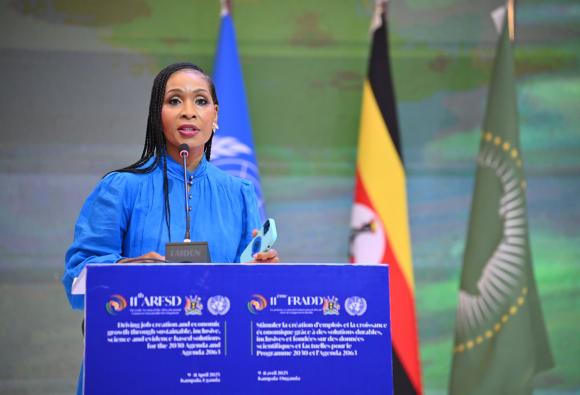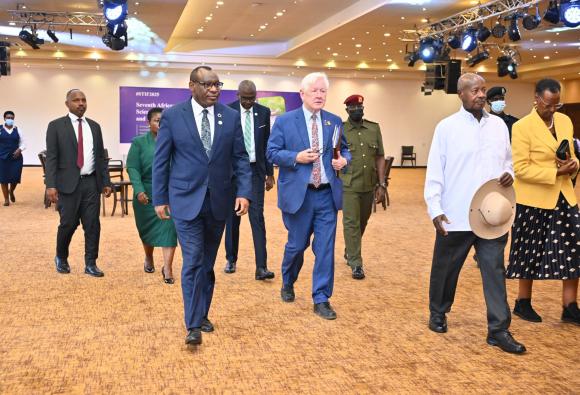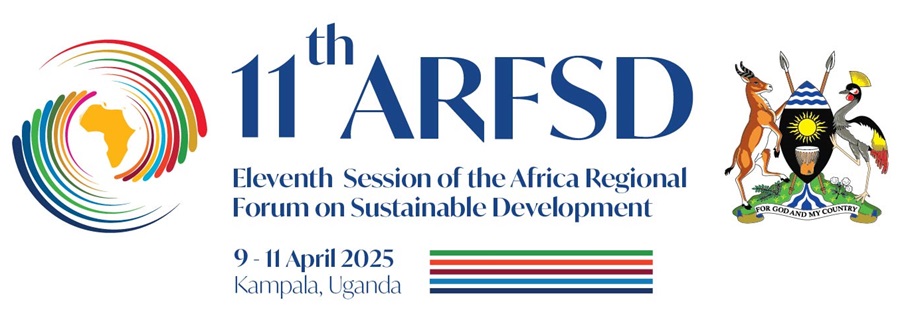
Outcome Documents
Kampala Declaration [English] | [French]
Key Messages[English] | [French]
ARFSD-11 roundup bulletin
Introduction
The Eleventh session of the Africa Regional Forum on Sustainable Development (ARFSD-11) will be jointly organized by the United Nations Economic Commission for Africa (ECA) and the Government of the Republic of Uganda in collaboration with the African Union Commission, the African Development Bank and the United Nations system organisations.
Venue and Dates:
The Forum will take place in Kampala, Uganda at the Speke Resort Convention Centre, Munyonyo, from 9 April to 11 April 2025.
Theme
The theme of the eleventh session Regional Forum is “Driving job creation and economic growth through sustainable, inclusive, science-and evidence-based solutions for the 2030 Agenda and Agenda 2063”
ARFSD-11 is a timely opportunity to drive real change and to rescue the SDGs and Agenda 2063. Africa like the rest of the world, is off track for meeting most targets of the Sustainable Development Goals and has even regressed on some. Alongside the SDGs, Heads of State and Government of the African Union have adopted and call for effective implementation of the Second Ten-year implementation plan (STYIP) of Agenda 2063. As such and with just about six years to 2030, there is an urgent need for concerted multi-level action at scale and speed, to achieve the goals of the 2030 Agenda and Agenda 2063. The remaining 6 years from 2025 therefore present an opportunity and a window of hope to dramatically boost the pace and scale of implementation to deliver on the regional and global sustainable development goals.
Taking place following the Summit of the Future, the Regional Forum is also a unique opportunity to reflect on the outcomes of the Summit and articulate concrete actions for their implementation. Moreover, ARFSD-11 will also be held in the leadup to the Second World Summit for Social Development to be held in Qatar from 4 to 6 November 2025. The region will therefore seize the opportunity of ARFSD-11 to articulate Africa’s common position for the Second World Summit for Social Development.
The Forum will feature pre-events, to be held from 3 April to 09 April 2025 and selected side- events aligned with the theme and subthemes of the Forum.
Objectives of the Forum
The objectives of the Eleventh session of the Regional Forum are:
- To Review progress, challenges, and opportunities in the implementation of the 2030 Agenda and Agenda 2063. In line with the 2025 HLPF, ARFSD-11 will conduct an in-depth review of implementation in Africa of SDG 3 (good health and well-being); 5 (gender equality); 8 (decent work and economic growth); 14 (life below water) and 17 (partnerships for the goals) and the corresponding goals of Agenda 2063 with a special focus on its second ten-year implementation plan (STYIP).
- To strengthen learning and advocate effective policy measures and actions including sustainable, inclusive, science-and evidence-based solutions to advance implementation of SDGs and Goals of Agenda 2063 at national, regional and global level.
- To Follow-up and take forward the outcomes of the Summit of the Future.
- To Serve as Africa regional preparatory meeting and produce Africa’s collective inputs to the HLPF to be held in New York in July 2025 and the Second World Summit for Social Development to be held in Qatar from 4 to 6 November 2025.
- Reach consensus and adopt Forum outcome documents, namely:
- Summary and key messages of the Forum comprised of Africa’s priorities and key policy options and recommendations to inform and spur actions at subnational, national, regional and global levels to accelerate the integrated implementation of the 2030 Agenda and Second ten-year implementation plan of Agenda 2063.
- The Kampala Declaration on sustainable, inclusive, science-and evidence-based solutions to advance implementation of SDGs and Goals of Agenda 2063.
Participation
The Forum will be held in a hybrid format allowing both in person and virtual participation of ministers and other high-level policy makers, experts and practitioners from ministries and agencies responsible for planning and economic development, gender and social affairs, health, management of the environment and natural resources including fresh water and marine resources, statistics, and science, technology and innovation and other Ministries from ECA member States; African Union Commission; African Development Bank, Regional Economic Communities and other regional and subregional organisations; the United Nations system organisations and other development partners; and major groups and other stakeholders including civil society organisations, the private sector and academia.
